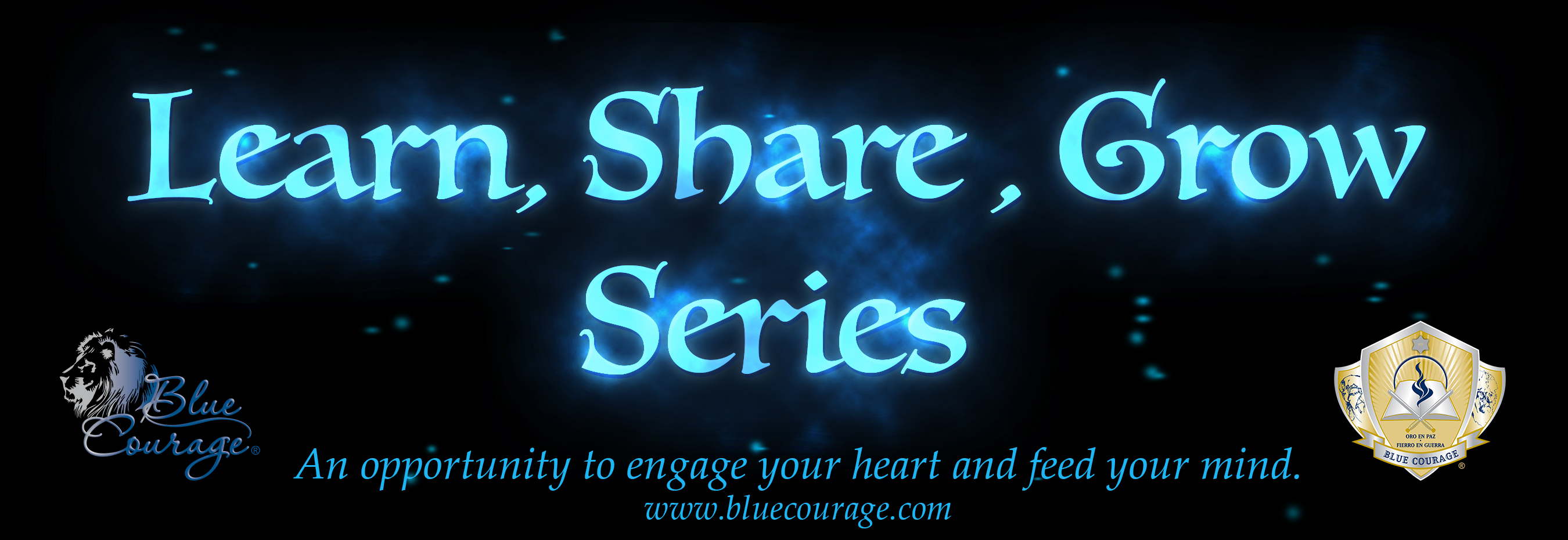Learn, Share, Grow - Scarcity Shapes Decisions, Not Character

Below is a lesson from Daniel Pink on how scarcity drives behavior, not character flaws, as well as our key learnings.
The Blue Courage team is dedicated to continual learning and growth. We have adopted a concept from Simon Sinek’s Start With Why team called “Learn, Share, Grow”. We are constantly finding great articles, videos, and readings that have so much learning. As we learn new and great things, this new knowledge should be shared for everyone to then grow from.
Daniel Pink's Post on LinkedIn
Ever wonder why people with fewer resources often make worse decisions?
It’s something deeper and more universal than a character flaw.
That’s the argument at the heart of Scarcity by Mullainathan and Shafir.
1. The premise is simple:
When we don’t have enough of something
Time. Money. Energy. Food.
It doesn’t just stress us out.
It changes how we think.
2. Scarcity creates tunnel vision.
Worried about paying this month’s bills?
You stop thinking long term about your health, education, or career.
The urgent crowds out the important.
Continue reading here.
Key Learnings:
-
Scarcity reshapes thinking – A lack of time, money, energy, or other resources doesn’t just cause stress; it fundamentally alters how we process information and make decisions.
-
Tunnel vision effect – Scarcity narrows focus to immediate needs, often at the expense of long-term goals. Urgent concerns overshadow important priorities like health, education, or planning.
-
Mental tax of scarcity – Experiencing scarcity consumes cognitive bandwidth, leading to poorer choices and impulsivity (even hunger alone can impair decision-making).
-
Context over character – Short-term or seemingly irrational decisions made by people with fewer resources are not evidence of weak willpower but a predictable result of living in scarcity.
-
Reframing response – Instead of blaming individuals, we should approach with empathy and design systems that ease pressure rather than add punishment.
-
Behavioral shift through context – Decision-making is not solely a reflection of character; change the context (reduce scarcity), and you change behavior.
Stay connected with news and updates!
Join our mailing list to receive the latest news and updates from our team.
Don't worry, your information will not be shared.
We hate SPAM. We will never sell your information, for any reason.

